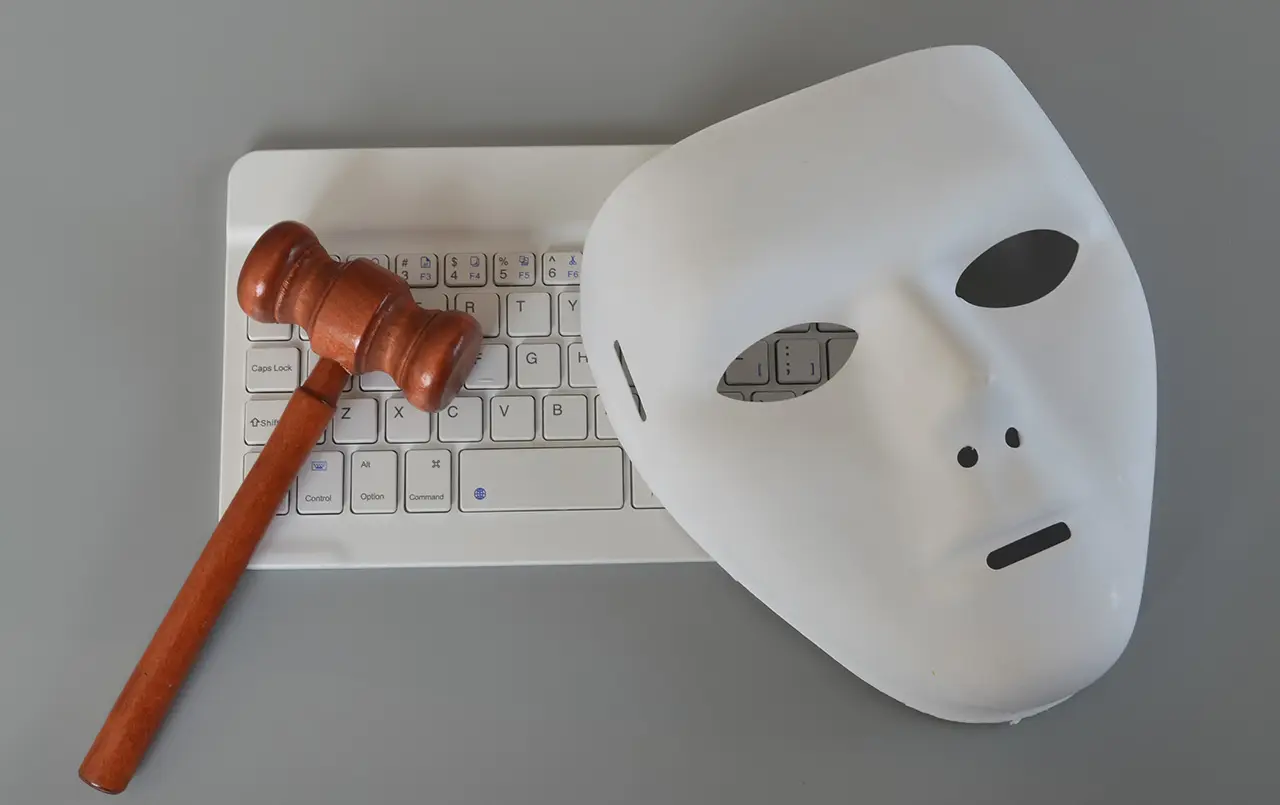In an era where Artificial Intelligence is rewriting how we work, communicate, and live—it’s also reshaping how we vote, who we trust, and what we believe.
From political campaigns to public discourse, AI has emerged as both a revolutionary tool and a serious threat. As the world gears up for major elections in 2025—from the United States to India—AI-generated content, deepfakes, and algorithmic propaganda are raising urgent questions about democracy itself.
Let’s break down how AI is transforming politics and why it’s more important than ever to stay informed.
🤖 How AI Is Being Used in Political Campaigns
AI is not just for Silicon Valley anymore. Political parties are investing in AI tools to:
Analyze public sentiment on social media
Predict voter behavior and personalize messaging
Generate campaign content, speeches, and even videos
Automate outreach via chatbots, emails, and voice calls
In 2024, we saw AI-generated candidate speeches and synthetic interviews go viral. In 2025, this has become the norm, not the exception.
🎭 The Deepfake Dilemma: What’s Real Anymore?
One of the biggest concerns in 2025 is the rise of political deepfakes—ultra-realistic videos created using AI that make it appear a politician said or did something they never did.
These are being used to:
Discredit opponents
Stir up communal or political outrage
Confuse voters ahead of elections
Several countries are now rushing to regulate deepfake content under new election integrity laws, but the tech is evolving faster than the law.
📢 AI-Generated Misinformation: A Global Crisis
Disinformation is not new, but AI has made it faster, cheaper, and more convincing.
Fake news articles, cloned voices, and AI-generated images are flooding WhatsApp, X (formerly Twitter), and Facebook—especially in developing nations with large rural populations.
The result? Polarization, voter manipulation, and erosion of trust in institutions and media.
🧠 Algorithmic Echo Chambers: The Invisible Filter
Social media platforms use AI algorithms to serve content tailored to your interests—but this also means:
You see more of what confirms your beliefs
Opposing viewpoints are filtered out
Political divisions grow deeper
This “echo chamber effect” is subtly shaping public opinion without people even realizing it.
⚖️ Can Democracy Survive the AI Era?
In response to these challenges:
The EU and India are pushing AI content labeling laws
Fact-checking networks are training AI to fight AI-generated fake news
UN and tech leaders are calling for an international framework on ethical AI use in politics
But ultimately, the most powerful defense is an informed, digitally literate voter.
🔍 What You Can Do as a Voter in 2025
Verify content before sharing—especially videos or voice clips
Use tools like Google Reverse Image Search or Deepware Scanner
Follow independent fact-checkers
Demand transparency from political parties about AI use in their campaigns
✅ Final Thoughts
AI is not inherently bad—it’s a powerful tool. But in the hands of the wrong actors, it can undermine democracy, divide nations, and confuse voters.
As elections approach in 2025, don’t just ask “Who am I voting for?”—ask “Who is shaping the information I’m seeing?”
Because in the AI age, truth is the new battleground.
💡 Stay Informed
Bookmark HowToFindAnswer.com for more insights on digital trends, public affairs, and how to protect yourself from misinformation in the modern world.





Leave a comment